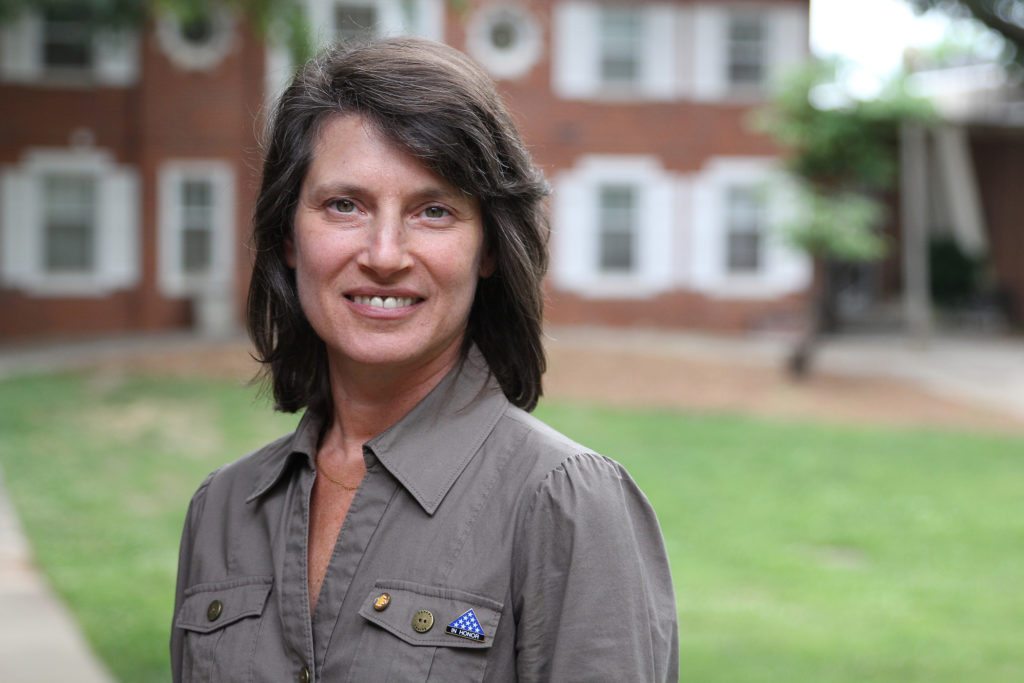Athens, Ga. – In the wake of Memorial Day, the country’s solemn day of remembrance for those who died while serving in the armed forces, a University of Georgia expert on military families will lead a discussion about the unique struggles faced by surviving family members at a conference Saturday, June 7, from 10:45 a.m. to 12:15 p.m.
Family therapy professionals are encouraged to attend.
Deborah Mancini, an assistant research scientist in the College of Family and Consumer Sciences, will be part of a panel presenting on “Ambiguous Loss in Military Families” at the American Family Therapy Academy conference held at the Georgia Center. Her talk will center on focus groups she has conducted with surviving military family members and review of the grief literature related to military families conducted as part of an Army project.
Ambiguous loss, a phrase coined by noted University of Minnesota emerita professor Pauline Boss, who is leading Saturday’s discussion, can occur in two situations: when there is no verification of death or “no certainty that the person will come back to the way they used to be,” such as psychologically absent though physically present, according to Boss’s website.
The result “freezes the grief process and prevents closure, paralyzing couple and family functioning,” Boss wrote.
“When a military death occurs, there are a number of changes and concurrent losses, including the loss of a way of life and connections to the military community, that create ambiguity and stress for families,” Mancini said. “Additionally, contrary to public notions, families don’t get over it but learn to manage the loss throughout their life. In sum, grief is an enduring and complicated process.”
One of the goals of Saturday’s panel is to give family therapists insight into the cultural factors, both military and societal, that impact the grieving process of military families, Mancini said.
“It is very important for family therapists to understand the cultural context because military families are most comfortable seeking support from mental health and community professionals who understand the influences of the military culture,” Mancini said. “This forum is an opportunity to talk about practical ways family therapists can help military survivors at the individual, family and community levels.”
Mancini began studying military families in the late 1980s and has written science and practice literature-based publications on ways to support military families in death and trauma situations.
Mancini recently developed a series of research-based informational staff guides to assist the Army’s efforts in providing long-term support to survivors of deceased soldiers, particularly deaths related to military operations in Iraq and Afghanistan.
A theoretical support framework, which indicates how staff’s efforts can promote survivor resilience, also was developed for the Army Survivor Outreach Services program. Regarded by the Army as an effective communication tool, a poster of this support framework model currently appears in a U. S. Army Headquarters building in San Antonio. Mancini was co-principal investigator on this project funded by the Army Survivor Outreach Services program in partnership with the U.S. Department of Agriculture.
